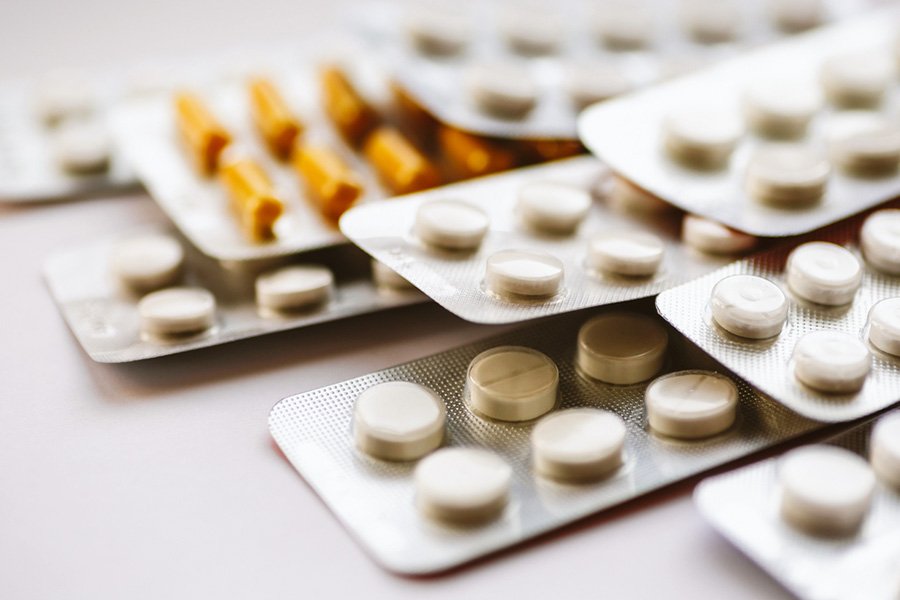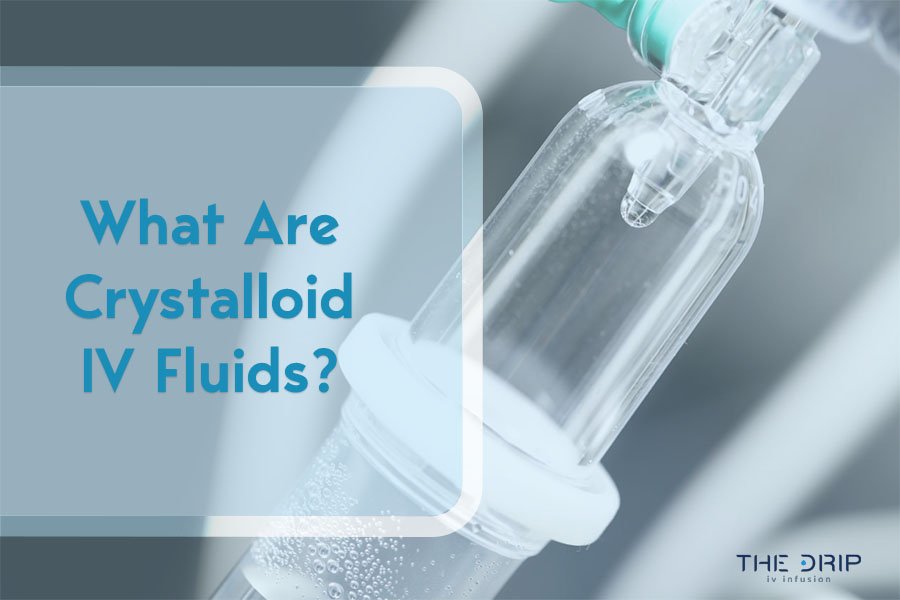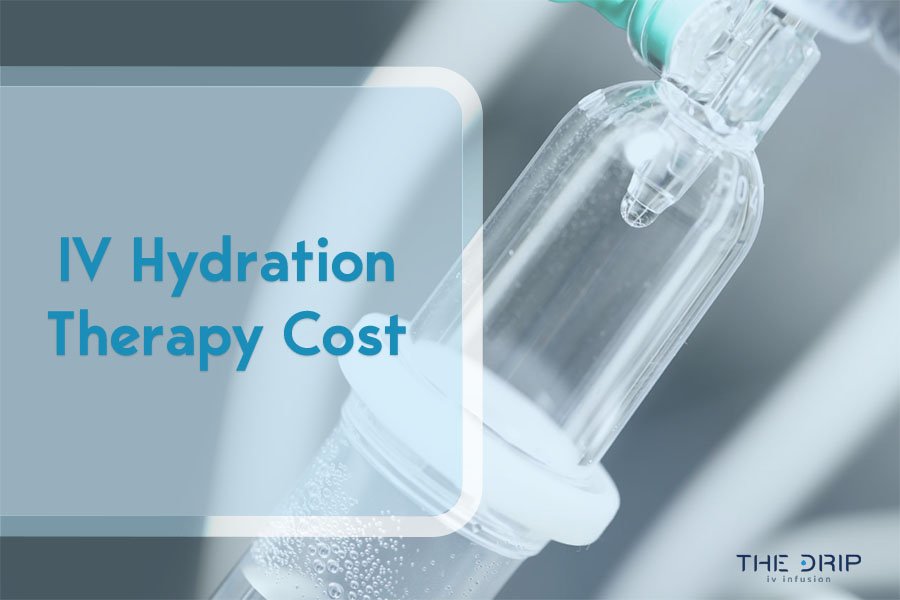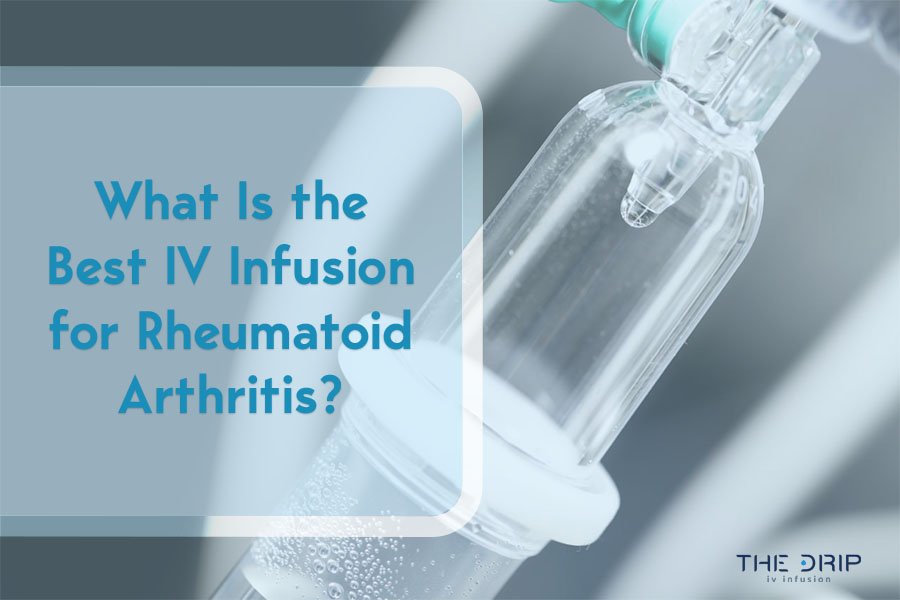The popularity of IV infusions is growing by the day. People are slowly but surely discovering the potential benefits of intravenous treatment and are curious to try it for themselves. But can IV therapy cause diarrhea? Let’s discover together!
IV treatment comes with numerous benefits. However, every therapy can potentially cause side effects with minor or major symptoms, including stomach pain and discomfort. Thus, this article discusses diarrhea as a side effect of IV therapy.

Source: shutterstock.com / Photo Contributor: mi_viri
Can IV Therapy Cause Diarrhea?
Thinking of getting Mobile IV Therapy in Queen Creek? It’s most important to choose reputable mobile IV services that offer the assistance of trained nurses who can professionally and safely administer the treatment. Thus, a medical nurse often recommends an IV treatment plan according to your health and needs, to minimize the potential side effects.
Iv therapy is known for providing many health benefits, but we should be aware of some side effects as well. Some of them might include stomach problems, like constipation. But can IV therapy cause diarrhea, too? In some cases, yes.
Gastrointestinal problems, regardless of the stool, might happen after receiving vitamin drips. Diarrhea is a rare symptom of IV therapy that may occur depending on the patient’s medical history, age group, and current condition.
In fact, IV therapy may help fight against diarrhea in some cases. Some patients face occasional bouts of constipation and diarrhea, but for other patients, this condition may lead to problems with their gastrointestinal tract. However, further research is needed to prove that IV treatments positively or negatively affect the gastrointestinal tract.
Management Tips for Diarrhea after IV Therapy
If you experience diarrhea after receiving the therapy, healthcare providers may recommend drinking more fluids and electrolytes to keep you hydrated.
Patients should eat a low-fiber diet by avoiding whole greens, nuts, and oily food during this time. Some nurses also recommend following the BRAT diet and staying away from fresh produce like fruits and vegetables. Spicy food should also be completely avoided when dealing with diarrhea or constipation.
Also, patients must limit their caffeine intake and avoid eating dairy products like milk. Some people use medicine for diarrhea, but only as directed by the treatment team. If your situation worsens and you have several loose stools in 24 hours, you might need medical assistance and dehydration treatment.
When experiencing diarrhea, you should drink lots of fluids with electrolytes to replace the lost fluid and electrolytes.
How Can IV Therapy Help with Diarrhea
Medical professionals can insert medications, nutrients, and fluids directly into the patient’s vein, which may help individuals with quicker recovery from their health condition. Many people consider IV therapy useful due to the added electrolytes and fluids to prevent dehydration.
Rehydration
Diarrhea results in dehydration because there’s a lot of loss of fluids in the body. Thus, IV therapy may help to restore lost fluids and electrolytes.
IV therapy usually involves a saline mixture containing sodium, sugar, and electrolytes. The saline from an IV directly enters the bloodstream to rehydrate you quickly and provides the necessary nutrients.
Nausea, vomiting, cramps, and headaches can also occur as a result of diarrhea. But, IV therapy may quickly fix this by keeping the necessary nutrients intact. Also, it may work faster than drinking more water because it has direct access to the blood cells.
Medication administration
Intravenous therapy can be used to help manage diarrhea when medication administration is necessary. When diarrhea is severe or persistent and oral medications are not effective, IV therapy may be recommended by healthcare professionals.
There are a couple of ways IV therapy can help with diarrhea through medication administration, which include rapid medication delivery, fluid and electrolyte replacement, pain and symptom management, and nutritional support.
IV therapy involves the direct administration of medications into the bloodstream through a vein, typically in the form of a saline solution or other sterile fluids. This way, medications can reach their target quickly and effectively, which is crucial in managing severe diarrhea.
In some cases, healthcare providers may administer anti-diarrheal medications through IV therapy. These medications can help reduce the frequency and severity of diarrhea episodes. Common anti-diarrheal medications include loperamide (Imodium).

Source: shutterstock.com / Photo Contributor: Orawan Pattarawimonchai
Nutrient replenishment
Chronic diarrhea or other inflammatory bowel diseases can interfere with nutrient absorption in the digestive system. IV therapy may deliver essential nutrients, vitamins, and minerals directly to the bloodstream and help them stay in the body.
After IV fluids and vitamins are administered, they might stay in the body for some time. This could mean a few hours or even weeks after being absorbed. Thus, the nutrients and minerals of IV fluids may have a long-lasting effect.
Struggling with diarrhea may also negatively affect your energy levels. However, due to the fast administration and distribution of IV fluids, your energy levels might significantly increase quickly.
Situations where IV Therapy Might Lead to Diarrhea
The side effects of IV therapy are minimal but may occur. IV therapy may cause diarrhea on certain occasions.
Increased Volume of IV Drips
The main thing people should know before getting an IV drip is that too much fluid in their bodies may cause diarrhea. The increased amount of vitamins, minerals, and fluids in a drip may cause a loose stool after a few hours after receiving the treatment.
Rapid infusion of fluids
In situations where the IV health provider administers the IV fluids quickly or in excessive amounts, it may affect the body’s ability to handle excess fluid. The rapid infusion of fluids may also lead to a rapid increase in blood volume. Naturally, when there’s excess fluid or an increase in blood volume, the body may attempt to eliminate the excess fluid, potentially resulting in diarrhea.
Too Much Medication
Certain medications, when administered intravenously, may have gastrointestinal side effects. These types of medications often disrupt the balance of the gut bacteria and may irritate the gastrointestinal tract, which may lead to diarrhea.
Diarrhea may occur when a large dose of medications is added to the IV drip. Antibiotics are some of the medications included in many IV drips that may lead to diarrhea. These types of antibiotics or medications are not administered in a mobile IV setting, however, it is prevalent in the hospital setting. Antibacterial medications may upset some people’s gastrointestinal tract and disturb the balance of bacteria inside.

Source: shutterstock.com / Photo Contributor: DedMityay
Frequently Asked Questions
How long do side effects from an IV infusion last?
Some side effects may occur due to IV therapy use. But luckily, they are minimal, and this treatment is considered safe. However, if some side effects do appear, nurses and medical professionals assure patients that the discomfort won’t last more than two days.
Who administers IV infusions?
Medical nurses are also often referred to as IV Specialist. They are specifically trained to administer IV shots safely and monitor how the patient’s body reacts to the treatment. They also ensure the patients receive the correct dosage of IV therapy based on their health condition.
Can IV therapy help with gastrointestinal problems?
Diarrhea is not only uncomfortable and embarrassing, but it also affects your electrolytes and the amount of nutrients in your body. Thus, it may make you dehydrated and exhausted. But IV therapy can rehydrate your body and ease the stomach pain you might be feeling due to diarrhea.
Conclusion
We hope we helped you learn if IV therapy can cause diarrhea. All bodies react differently to certain treatments, and all therapies may cause side effects. But you can ask your nurse to provide the necessary help and guidance before and after you receive your vitamin drip.




